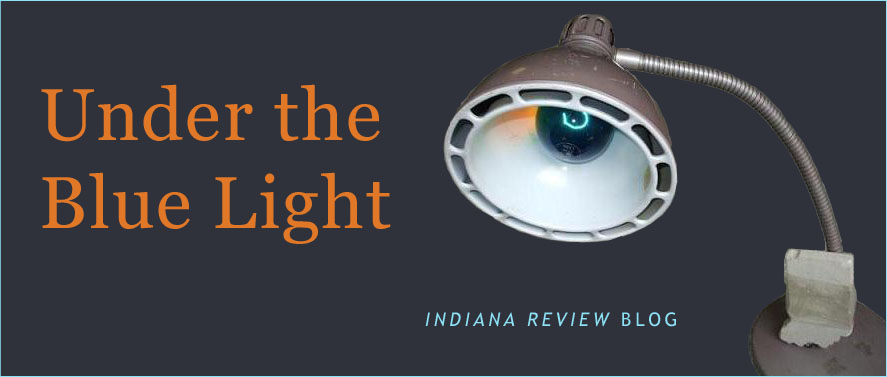Panel from The Amazing Spider-Man #24 by Stan Lee and Steve Ditko, page 2
1960s superhero comics are fascinating time capsules. I find them an often ludicrous read, particularly because characters can only speak in exclamation points! This makes everything dynamic! And dire! Recently, for a class, I've been looking at meta-narration in this particular Spidey era. The narrator isn't a tangible entity here, yet the voice is so strikingly loud. It talks to us, questions us, cajoles us. It's as if we're embarking on an adventure, buckling our metaphorical seatbelts for the ride to start: "And awaaay we go...!"
Certainly, it's been a trope of pulp fiction for the narrator to act as sports commentator or circus ringleader. It's a marker of serial drama, of to-be-continued soap operas. The author, whether one person or a team, wants you to wait desperately for what happens next -- while continually summarizing, explicating. On the other hand, literary fiction is usually more subtle. First-person narrators may address their audience, but usually the narrator is invisible, or situated closer to the perspective of one character. So what's the value of looking at these showing-and-telling comics?
For me, they're a reminder of how fiction should make us feel. We should be insistently, urgently engaged with the text, asking our own questions, feeling the full crazy weight of something happening, someone else's interiority, some other setting we may recognize or one we don't know at all. The Spidey panel is not necessarily an exciting one. It's Peter Parker's house. No one menacing is at the other end of the door. Everything is as domestic as possible. But the narrator's voice floods the panel, an energizing force -- there is possibility here. There is huge promise. Awaaay we go...! And I think this is how we should feel as writers and as readers, even if we may not be dealing with madcap supervillains who dress as giant scorpions.
I remember a more recent, familiar incarnation of this can be found in Christopher Nolan's 2008 film, The Dark Knight. In a pivotal scene, the Joker whispers, "And here we... go!" to himself and to Batman, but the phrase also works to goad the audience. That dialogue clip was featured prominently in the movie trailers, implying peril, implying tension. The "we" commands us. We are waiting. We are ready.
--dk


No comments:
Post a Comment